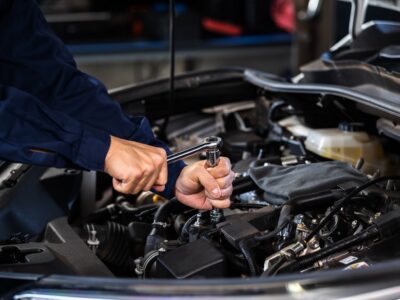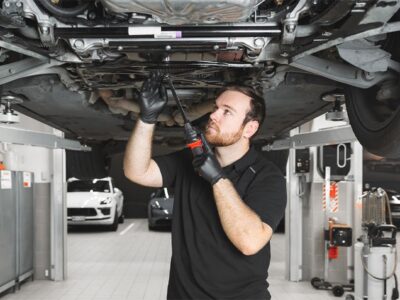Air is essential not only for us, but also for our car tires, and you must be aware of this in order to drive safely. Depending on the level of intensity, both underinflated and overinflated tires can cause problems. Michelin tires, for example, do not go flat as easily as low-quality tires. Let’s look at how to check and maintain tire air pressure to keep your car running.
Underinflated tires are dangerous because they cause tire failure, so you must constantly monitor them. When the tire’s air pressure is low, it flattens and the majority of its surface contacts the road, causing friction. If left untreated, friction can lead to overheating, which can lead to tread isolation, tear, or ballast.
A change in tire footprint can also result in longer braking distances, resulting in excessive fuel consumption. It is extremely dangerous, and driving requires a significant amount of energy. As a result, you should have your tires checked by a reputable company, or go for special offers on tires, to have this problem professionally resolved.
When a tire has too much air in it, it causes problems. When the tread and sidewalls of a tire become hard, it indicates that it is overinflated. Similarly, over-inflation causes tire shrinkage. This type of problem with the tire’s footprint reduces its performance and traction; eventually, the car begins to bounce as you can control it. Uneven wear can also occur as a result of over-inflation, reducing the life and durability of a tire.
Experts recommend that tires have 30 to 35 PSI, or the desired pressure, in order to perform optimally. You should use high-quality tires with the appropriate PSI, such as Michelin tires. The figure above represents what a tire needs to help a vehicle carry the maximum load.
The maximum pressure is shown on the tire. Rather than focusing on the PSI written on the tire, consider the optimum pressure as recommended by tire experts and manufacturers.
There are manuals available for the product, which has a recommended PSI. Check the air pressure in your tires once a month, including the spare. Most PMS, or pressure Monitoring Systems, detect low pressure when it falls below a recommended level of 25%.
When your car tires are not hot, such as after at least 30 minutes of parking, you should check their air pressure. You can also check them first thing in the morning before you start your day. In an emergency, cool your tires in the shade before checking their air pressure. All of these precautions will help you maintain the health of your tires while saving fuel. If you have an inflation problem, contact special offers on tires.







Comments